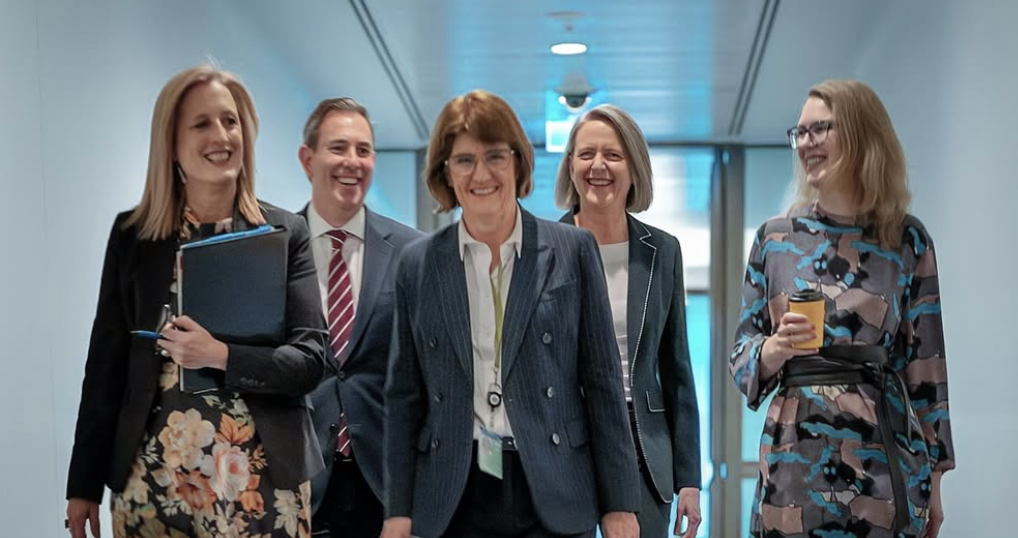The Inside Word

Playing the long game
Developments in recent days have rightly focused on the Government’s actions in response to two attacks on the Jewish community that ASIO has credibly linked to Iran’s Revolutionary Guard Corps. The Government made the announcement clearly and decisively, projecting strong confidence in acting in Australia’s national interest.
This same control, decisiveness and commitment to the national interest can also be seen in the handling of the Economic Reform Roundtable (19–21 August). Ten reform directions were announced by the Treasurer shortly after Thursday’s proceedings concluded: a more unified national market, simpler trade and tariffs, less red tape, faster approvals, stronger housing supply, making AI a national priority, attracting investment, building workforce skills, a fairer tax system, and modernising government services. Keep this in mind when thinking about your meetings with Government.
Significantly, during the roundtable’s second day, Health Minister Mark Butler delivered a frank National Press Club address acknowledging the “hard truths” about structural budget pressures and maintaining the NDIS’s social licence. I think the Minister’s speech was a deliberate tactic to persuade the business community that the Government was genuinely prepared to address difficult spending pressures if it also wants to take a tax package to the next election that raises revenue in contentious ways.
I would normally have expected at least one State or Territory to be presented as willing to sign on to the Thriving Kids program, as well as more detailed design to shore up anxiety that inevitably gets stirred up in the community. We will use our time in Canberra to understand the tactics in more detail, but my sense is that it was crucial to deliver this announcement during the roundtable, and that the benefits to the discussion in that room outweighed any risks to public perception.
Immediate actions following the roundtable include abolishing nuisance tariffs, reducing complexity in the National Construction Code, and accelerating Environmental Protection and Biodiversity Conservation Act legislation. A significant commitment involves clearing environmental approval backlogs for housing developments, addressing what Murray Watt identified as potentially tens of thousands of stalled projects. Road user charging also emerged, targeting electric vehicles as a way of bringing fairness against internal combustion engine vehicles that pay the fuel excise.
Longer-term reforms will also be progressed. Grattan Institute CEO Aruna Sathanapally, who participated in tax discussions, emphasised opportunities including reducing Capital Gains Tax discounts, reforming negative gearing, and addressing superannuation tax concessions that “go far beyond their intended purpose.” True to the Prime Minister’s instincts, media following the roundtable shows that much of the major reform will be left to the platform for the 2028 election, giving enough time for policy design and for understanding political impacts.
Notably, the roundtable participants agreed against commissioning another lengthy external tax review, instead structuring their involvement to inform government work across three key areas: fairness for working people, including intergenerational equity; incentivising business investment; and system sustainability.
Understandably, all of these events have made the hill even steeper for the Opposition, which has yet to find its line and length. Energy continues to rear its head, with moves to abolish net zero gaining momentum within party ranks. The area where the Opposition seems most effective right now is prosecuting the case on spending restraint, which the Government appears sensitive about given interpersonal dynamics in recent days.
For our clients – we will be watching this work closely, even if it starts to fall off the media’s radar. Long-term advocacy that should be considered now includes skills and qualification recognition (domestically and internationally), modern construction methods, incentivising business investment, seizing opportunities to cut red tape, and providing ways to modernise government services.


